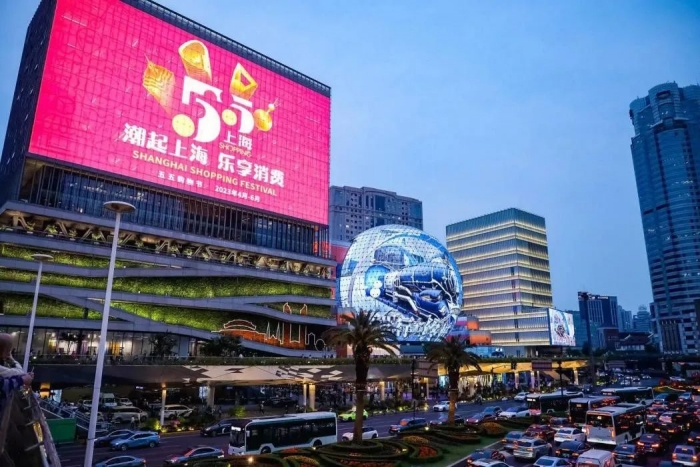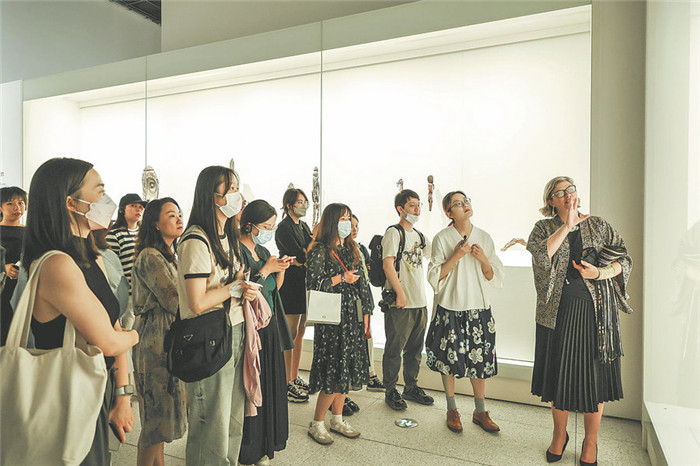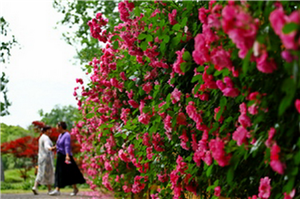Leaders for tomorrow
Students have hammered home to them the importance of telling the truth and apologizing when accidents happen during such occasions as news conferences.
Wang has given training to about 80,000 students over the years and he says he is seeing positive changes.
"I see them putting what they've learned into practice after going back (to work)," he says.
Although the overall communication skill of Chinese officials has improved significantly, Wang says it's important to continue the work, since there are still a lot of longstanding cultural differences.
The academy has made a point of strengthening international communications.
"We have invited many foreign teachers and international faculty members," Wang says.
His Majesty King Willem-Alexander of the Netherlands, former president of South Africa Jacob Zuma and former French prime minister Dominique de Villepin have all made speeches at the academy.
Joseph Nye, former dean of Kennedy School of Government, Harvard University, and Henry Mintzberg, professor of Management Studies at McGill University, have given lectures.
"We will definitely strengthen (international cooperation) after the pandemic," Wang says.
In addition to classroom study, the academy has selected more than 300 spots for field trips in the Yangtze River Delta region, a key area in China's reform and opening-up. It has established six labs to simulate media communications, crisis management, leaders' psychological adjustment, financial innovation, smart city management and Party education. Through these labs, participants can enhance their leadership capacity by exchanging ideas of how to handle similar cases and crises in real life.
At the Artificial Intelligence Pavilion of Zhangjiang Future Park, about 20 minutes' drive from the academy, students get an insight into one of the country's most pioneering areas of research.
Yuan Liang, vice-mayor of Zibo, Shandong province, was impressed by the approximately tripled efficiency of innovative drugs research and development at the Artificial Intelligence Pavilion.
The field trip to the pavilion was part of his training at the academy.
Since Zibo is an important health and medicine cluster, Yuan says he would like to see if relevant technology could be applied to local industry and explore the possibilities of AI application in smart plants and production lines.
"The courses (from the academy) are forward looking and very international," he says.
"I want to apply these methods and standpoints to both my science and technology work and market management work."
 Contact Us
Contact Us

 New pedestrian street boosts Pudong's night economy
New pedestrian street boosts Pudong's night economy  Festival injects vitality into Shanghai's consumer market
Festival injects vitality into Shanghai's consumer market A journey through history
A journey through history Chinese roses bloom in Pudong
Chinese roses bloom in Pudong


